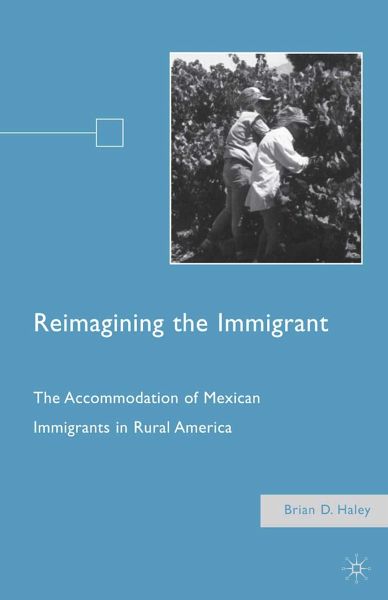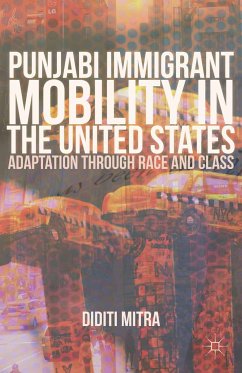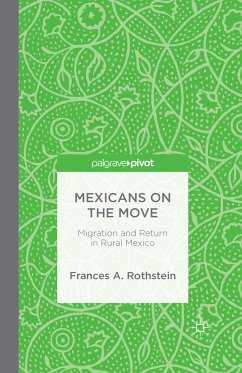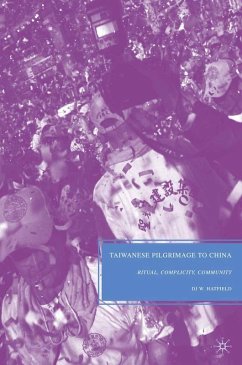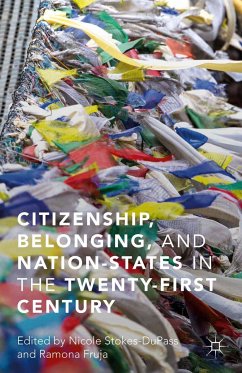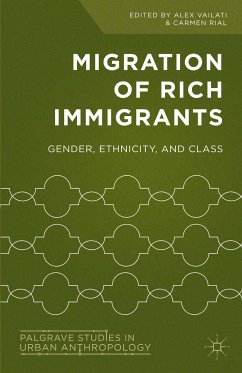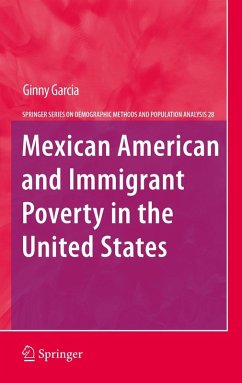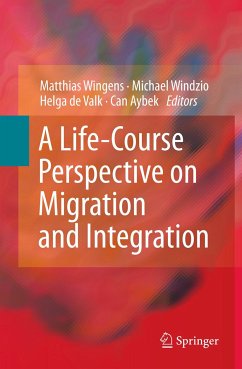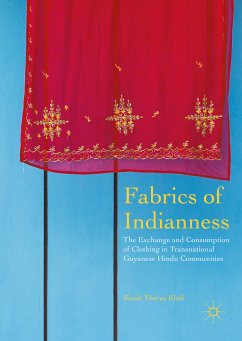"The main focus of this book is the seasonal migration and permanent immigration of a complex array of Mexicans into the rural California town of Shandon and their and Shandon s subsequent transformations. Haley is able to extensively document and comprehensively analyze the complex dynamics of this migration and immigration because of his broad framing of the topic and his innovative methodology, based on long-term participant observation supplemented with relevant micro and macro quantitative and qualitative methods. Haley s documentation and analysis of the recent historic and ongoing complex changing sociology, culture, economics, governance, demography, and identity politics of Shandon and the region around it will be of great
practical use to local administrators, government agents, and residents. But anthropologists will also appreciate Haley s incisive analysis of how all these pieces of Shandon fit together in larger macro contexts shaped by past and ongoing changes in California agribusiness and the politics, demography, economics, and identity dynamics of immigration. This is essential reading for anyone who wants to understand the deep changes that California agrarian communities have and are undergoing." - Michael Kearney, Professor of Anthropology Emeritus, University of California, Riverside
"Haley provides fresh perspectives about the integration of Mexican immigrants in a small agricultural community undergoing tremendous transformation. He illuminates the significance of place for understanding how class and ethnic categories, identities, and a sense of community shift over time." - Patricia Zavella, co-editor of Women and Migration in the U.S.-Mexico Borderlands
"Reimagining the Immigrant tells an important story, the adjustment of a small U.S. town to new immigration from Mexico. It is notable for attending to the challenges and transformations faced by hosts as well as entrants. Haley's approach is nuanced and revealing, and offers insights applicable across the United States and, indeed, immigration-receiving societies worldwide." - Josiah Heyman, Professor of Anthropology, University of Texas at El Paso and author of Finding a Moral Heart for U.S. Immigration Policy: An Anthropological Perspective
"Haley provides an optimistic examination of immigration and change in a rural community. By exploring issues from multiple perspectives: the old guard white community, established Mexican Americans, and newcomer Mexican immigrants, Haley provides insights into not only the bases of conflicts but also how conflicts were overcome as newcomers became integrated into local life. A rich blend of ethnographic detail with contemporary politics of identity and belonging." - Leo R. Chavez, author of The Latino Threat: Constructing Immigrants, Citizens, and the Nation
